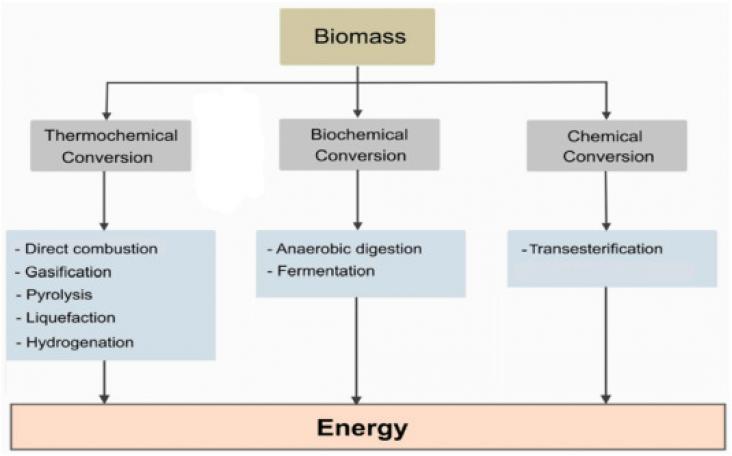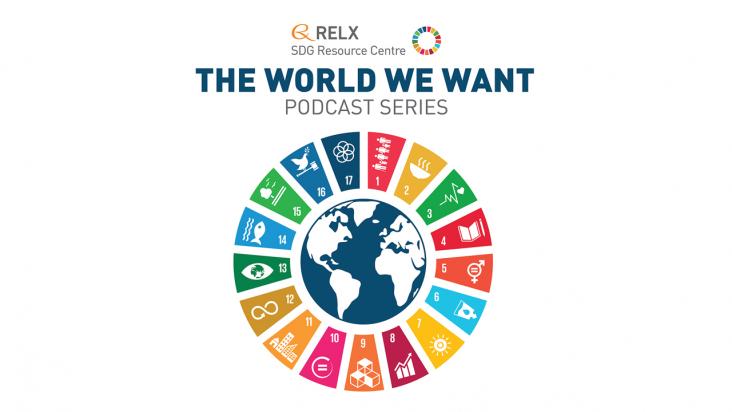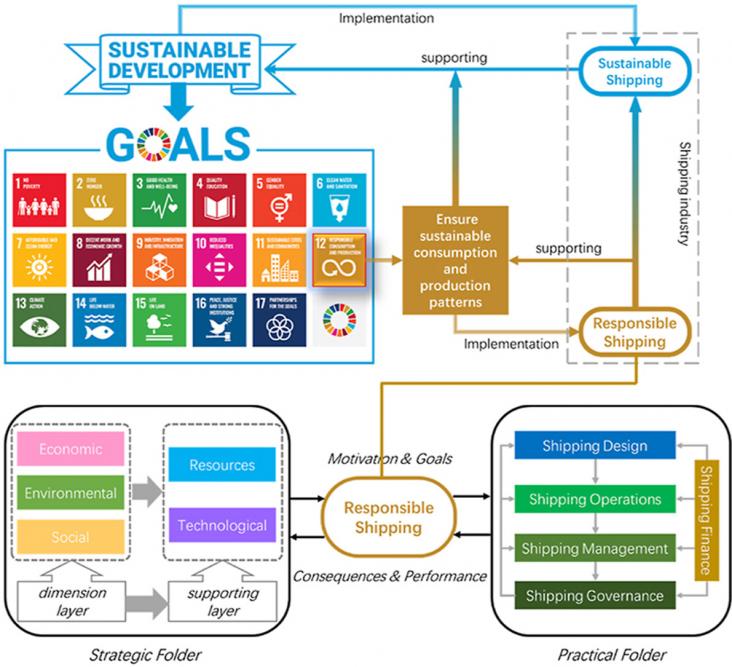Our research explores how Stakeholder Capitalism can contribute to global governance to achieve all the 17 SDGs. The main findings revealed that Stakeholder Capitalism and its principles are favorable to foster a friendly environment for achieving most of the SDGs and can contribute to global governance in achieving mainly the SDGs 8, 9, and 17. However, Stakeholder Capitalism literature is incipient for the SDGs 6, 14, and 15, needing further research development by considering non-human stakeholders and the environment.
This article supports SDG 3 and 9 by describing a survey of health-care workers in New Zealand on the acceptability of PPE disinfection and reuse to reduce waste and increase availability and sustainability; the survey that this practice was common and had high acceptability, contingent on availability of scientific evidence in support of the disinfection process, and workers' trust in the organisation undertaking the disinfection

An investigation supporting SDGs 7 and 13, based in Ghana, into the possibility of using slaughterhouse wastes as a source of renewable energy through biogas technology. The researchers concluded that 'Ghana generates significant amount of slaughterhouse waste each year that can be processed using AD [anaerobic digestion] for energy and electricity production to supplement the country's electricity needs, while reducing GHG emissions'.
This article supports SDGs 9, 11, and 17 by illustrating the opportunity for the use of electric powered vehicles as an energy source during natural disaster events.

In this episode of the “World We Want” podcast series, Christopher Grant Kirwan, multidisciplinary professional and educator, as well as author of the book Smart Cities and Artificial Intelligence, talks to Márcia Balisciano about urban development and smart cities.
Elsevier,
Power System Protection in Future Smart Grids: Achieving Reliable Operation with Renewable Energy, Electric Vehicles, and Distributed Generation, Volume , 1 January 2023
This chapter advances UN SDG goals 7 and 9 as it enables resilience and protection for renewable energy-integrated grids and infrastructure.
Elsevier,
Non-Destructive Testing and Condition Monitoring Techniques in Wind Energy, Volume , 1 January 2023
This chapter supports UN SDGs 7 and 13 by reviewing condition monitoring technologies and current research challenges and opportunities, enabling improved performance and durability of wind turbines, and supporting energy transition of which wind power is a key component.

Offers practical insights to guide shipping industry managers to introduce environmentally responsible and sustainable practices.
This chapter aligns with Goal 6: Clean water and sanitation by reviewing the tools available for the collection of groundwater samples, methods of on-site water-quality analysis
This study investigates how sustainable transport infrastructure affects access to healthcare.
